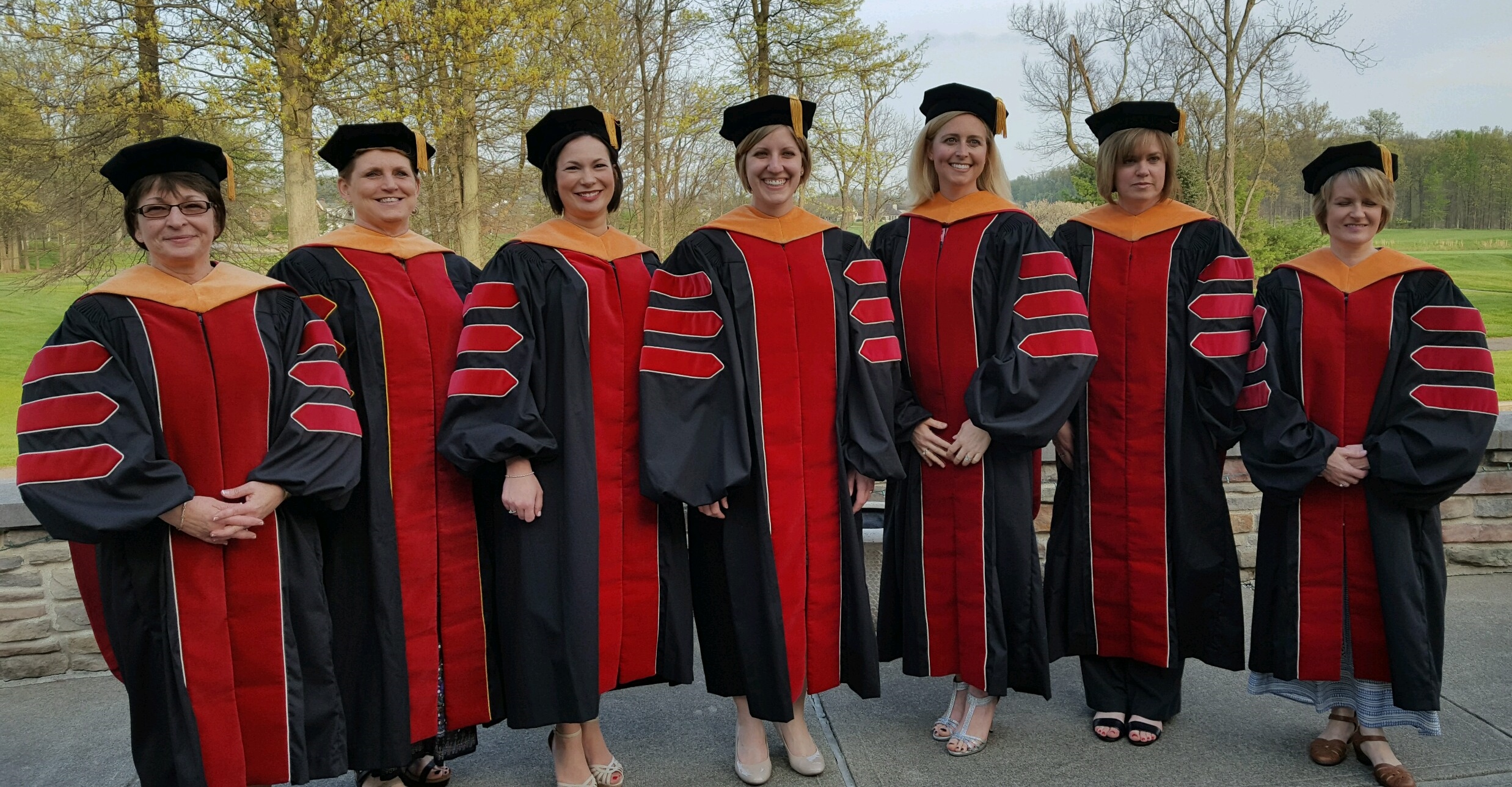ORCID
0009000014990787
Date of Award
Spring 4-23-2023
Document Type
Project
Degree Name
Doctor of Nursing Practice (DNP)
Department
Nursing
Advisor
Dr. John Chovan
First Committee Member
Dr. Joy Shoemaker
Second Committee Member
Dr. Chai Sribanditmongkol
Third Committee Member
Amy Billa
Keywords
No-shows, Non-attendance, Missed Appointments, Community Mental Health Clinics, Mental Illness, Serious Mental Illness
Subject Categories
Medicine and Health Sciences
Abstract
Now Show Rates in Community Mental Health Clinics
No-show rates in community mental health clinics are typically higher than in other areas of healthcare. No show rates have a negative impact upon patients, clinics, and communities.
Mental illness has reached an all-time high in the U.S. In his first State of the Union address, President Joe Biden stated that our country faces an “unprecedented mental health crisis among people of all ages.” Evidence well supports his statement. To extinguish this crisis, all barriers to mental health care must be evaluated and attacked from all possible angles. Increasing access to mental health care must be a priority considering the magnitude of this problem. One factor affecting mental health care is appointment non-adherence. Even when mental health care is accessible, and even when the initial appointment is scheduled, as many 60% of all clients may not show for their initial appointment. One cannot receive treatment if they do not show up for their appointment. What interventions can be implemented to assist a person with a mental illness to show up for their initial appointment?
This project aims to explore and understand some of the possible barriers to accessing mental health care in the United States. Although the barriers may seem numerous, even insurmountable, nursing professionals have a responsibility to analyze and evaluate healthcare policy and clinical practice in order to advocate for social justice and equity of healthcare for all, especially for those individuals who may not have the means to advocate on their own behalf.
The project then turns the focus to the question, in a rural Midwest community mental health clinic that serves primarily underserved populations, how does a patient-centered, caring approach, such as a personal engagement intervention, impact patient no-show rates over 90 days?
Through the development of a quality improvement project, clients were contacted weekly while waiting for their intake appointment. The results of this project conclude that a weekly personal engagement does not reduce no-show rates over a 90-day trial. Incidentally, this project reinforces that longer wait times for initial appointment increases the likelihood of a no-show.
The author encourages other professionals of community mental health practices to implement and evaluate quality improvement interventions that may impact no-show rates in community mental health clinics and disseminate the findings so that appointment non-adherence can be decreased, allowing mental health treatment to be maximized for underserved populations.
Acknowledgement 1
1
Acknowledgement 2
1
Licensing Permission
Copyright, all rights reserved. Fair Use
Recommended Citation
Jordan, Teresa, "No-Show Rates in Community Mental Health Clinics" (2023). Doctor of Nursing Practice Scholarly Projects. 78.
https://digitalcommons.otterbein.edu/stu_doc/78
Poster

